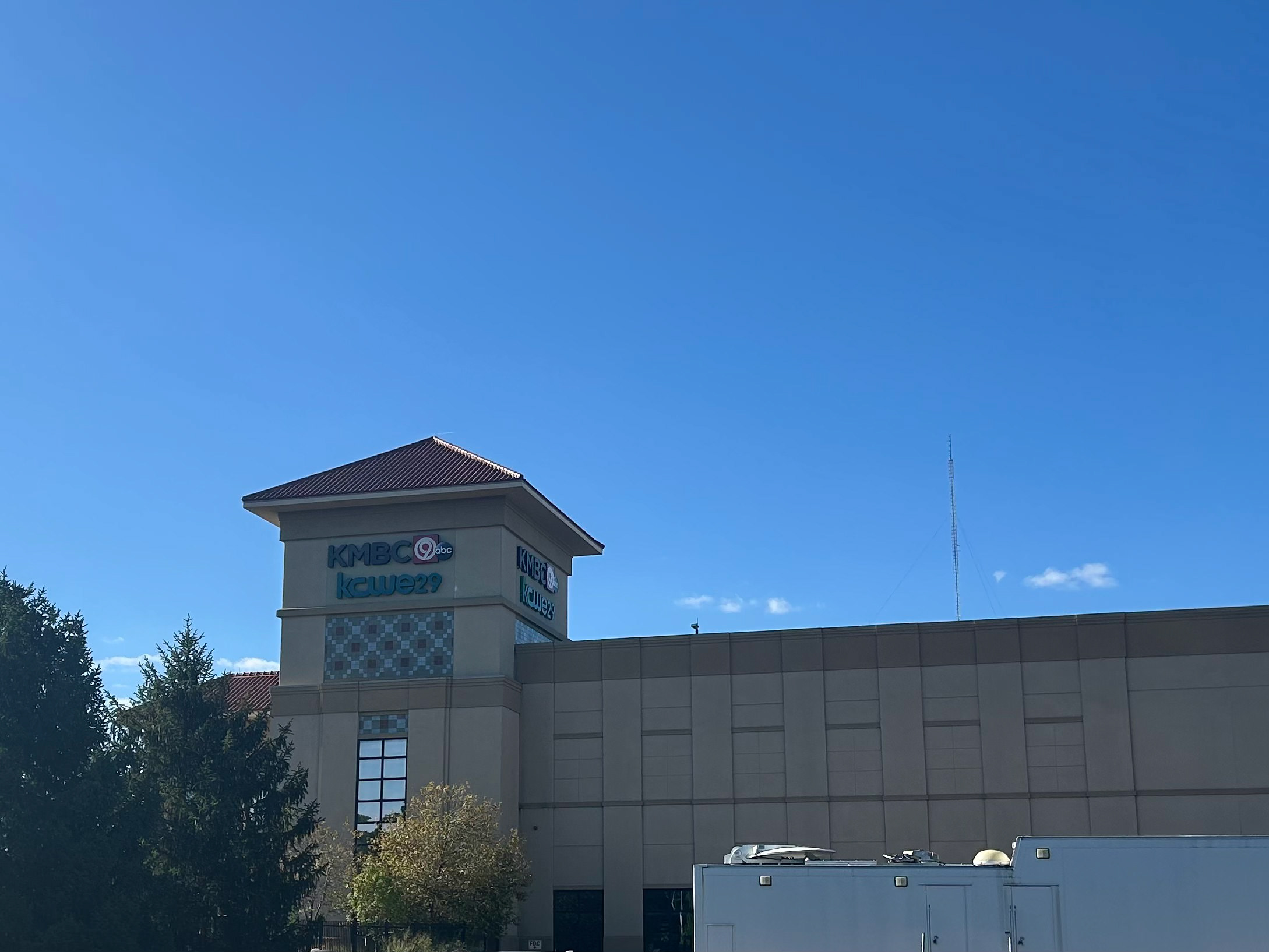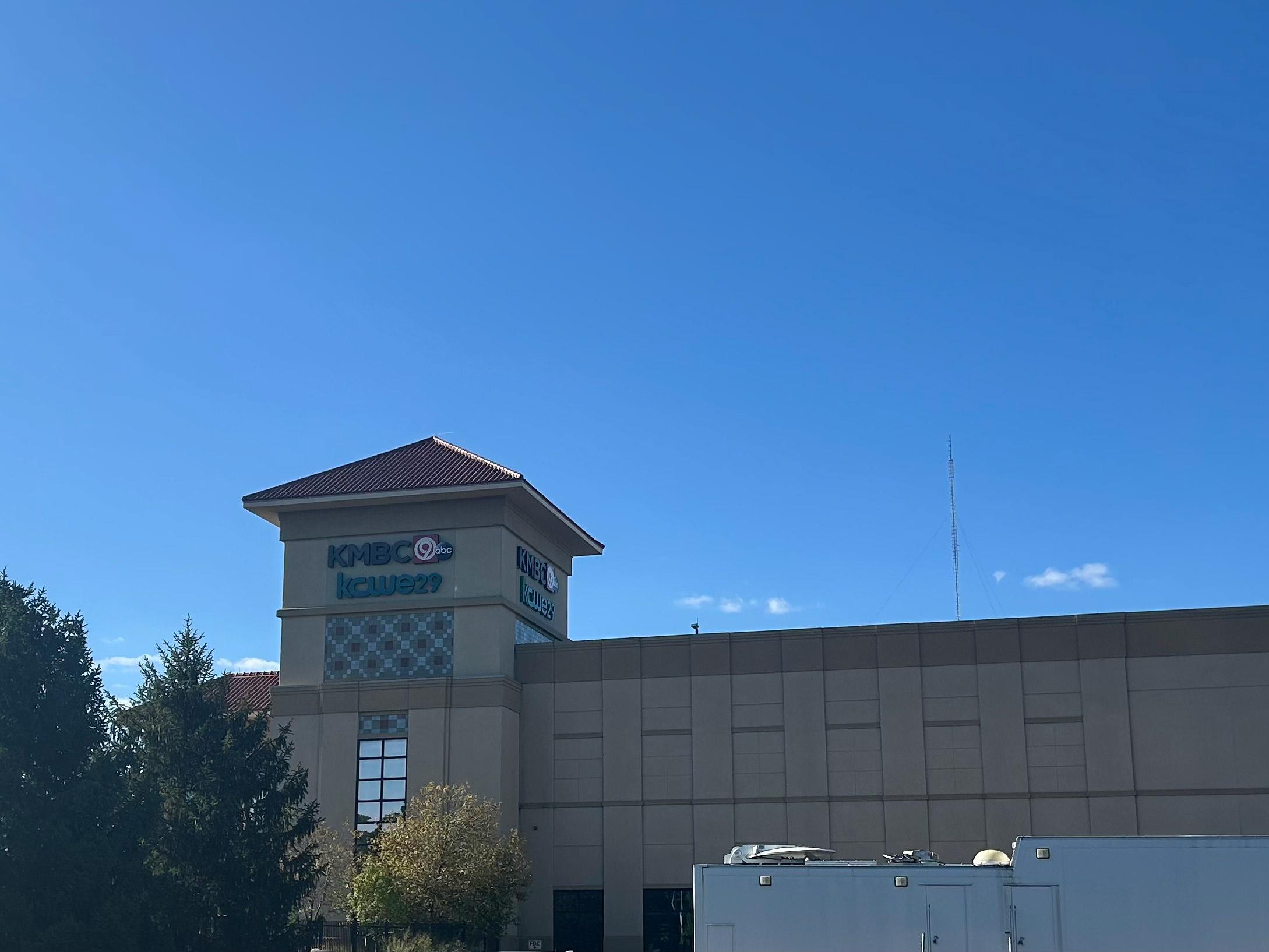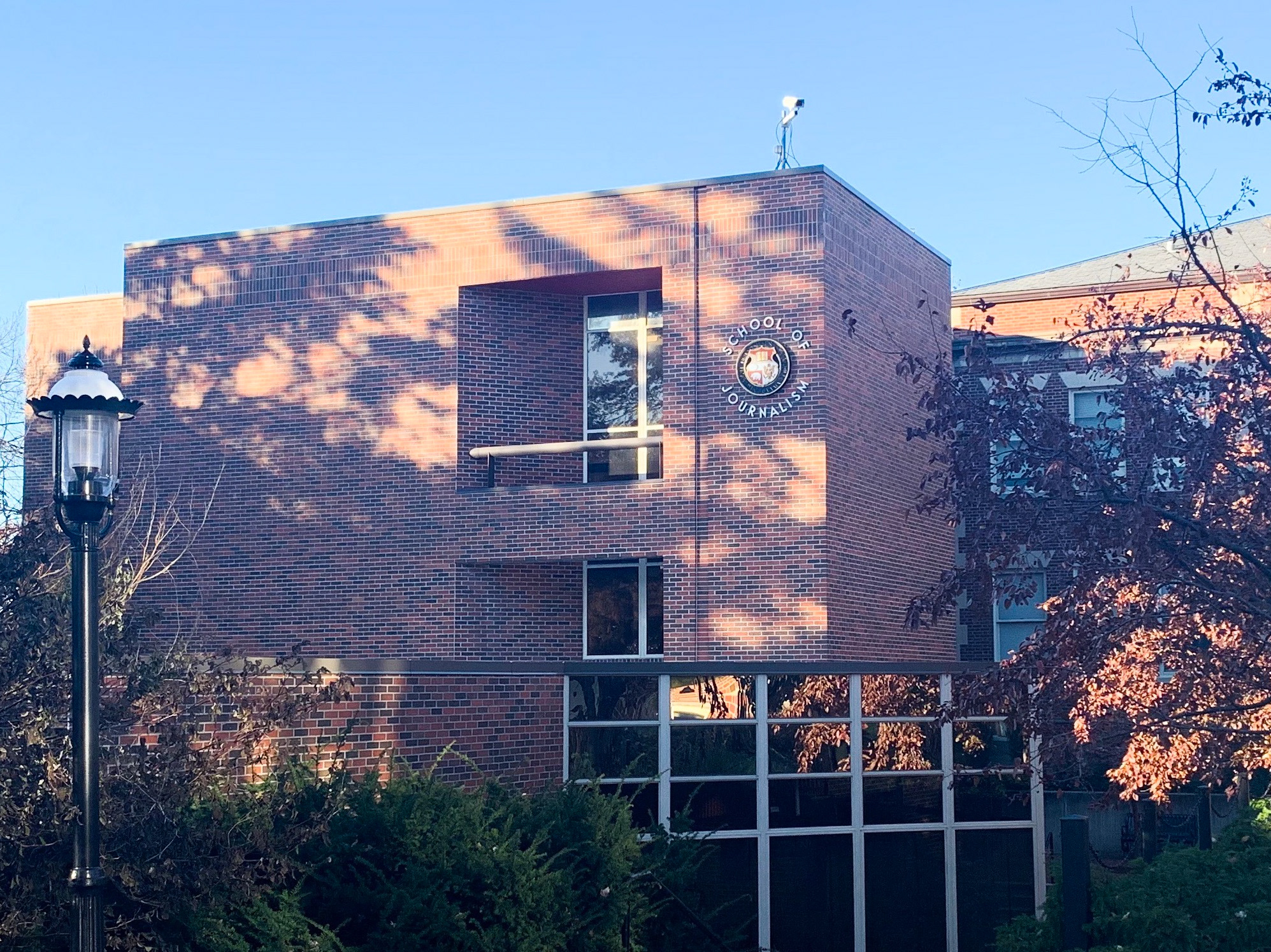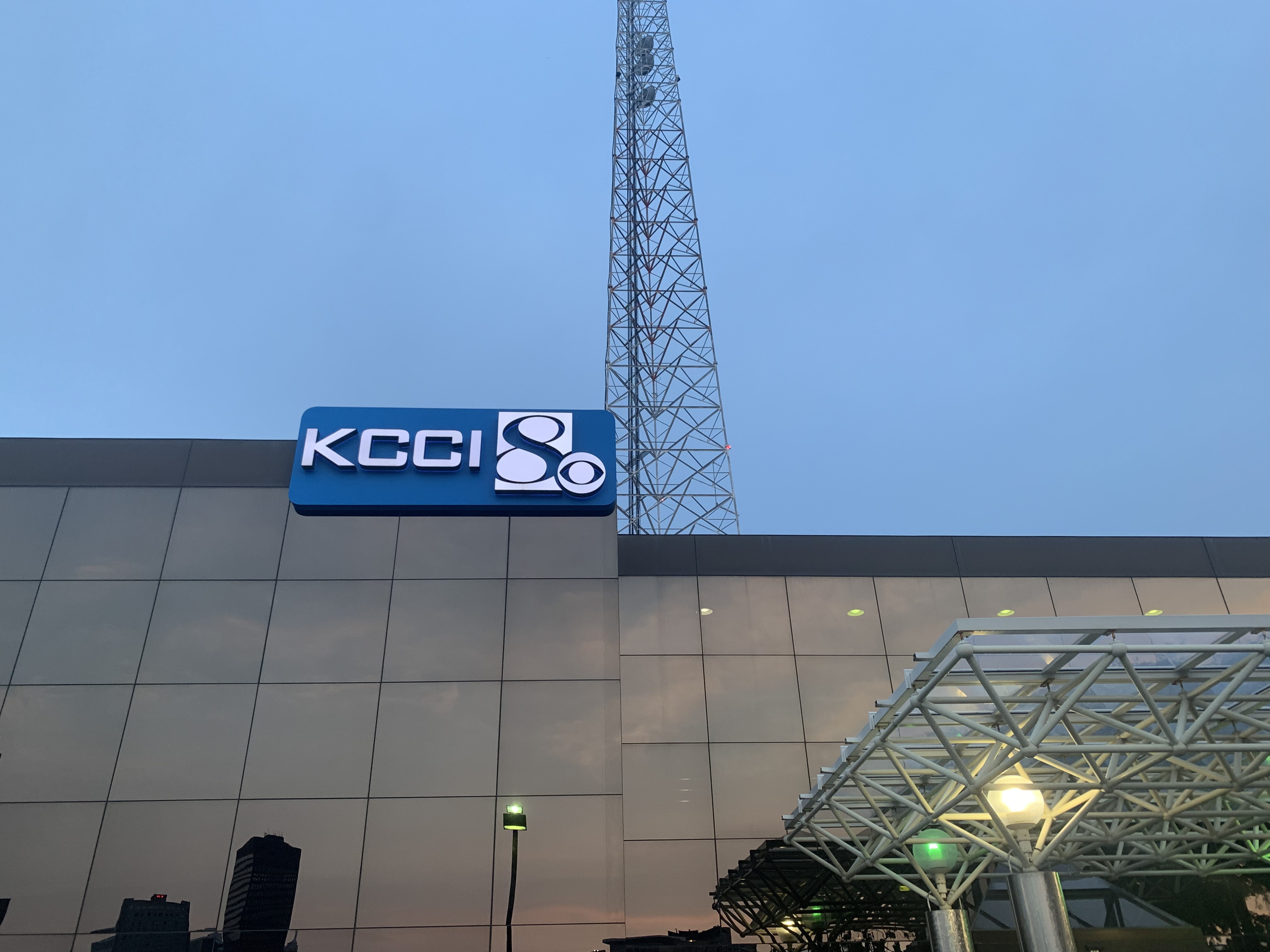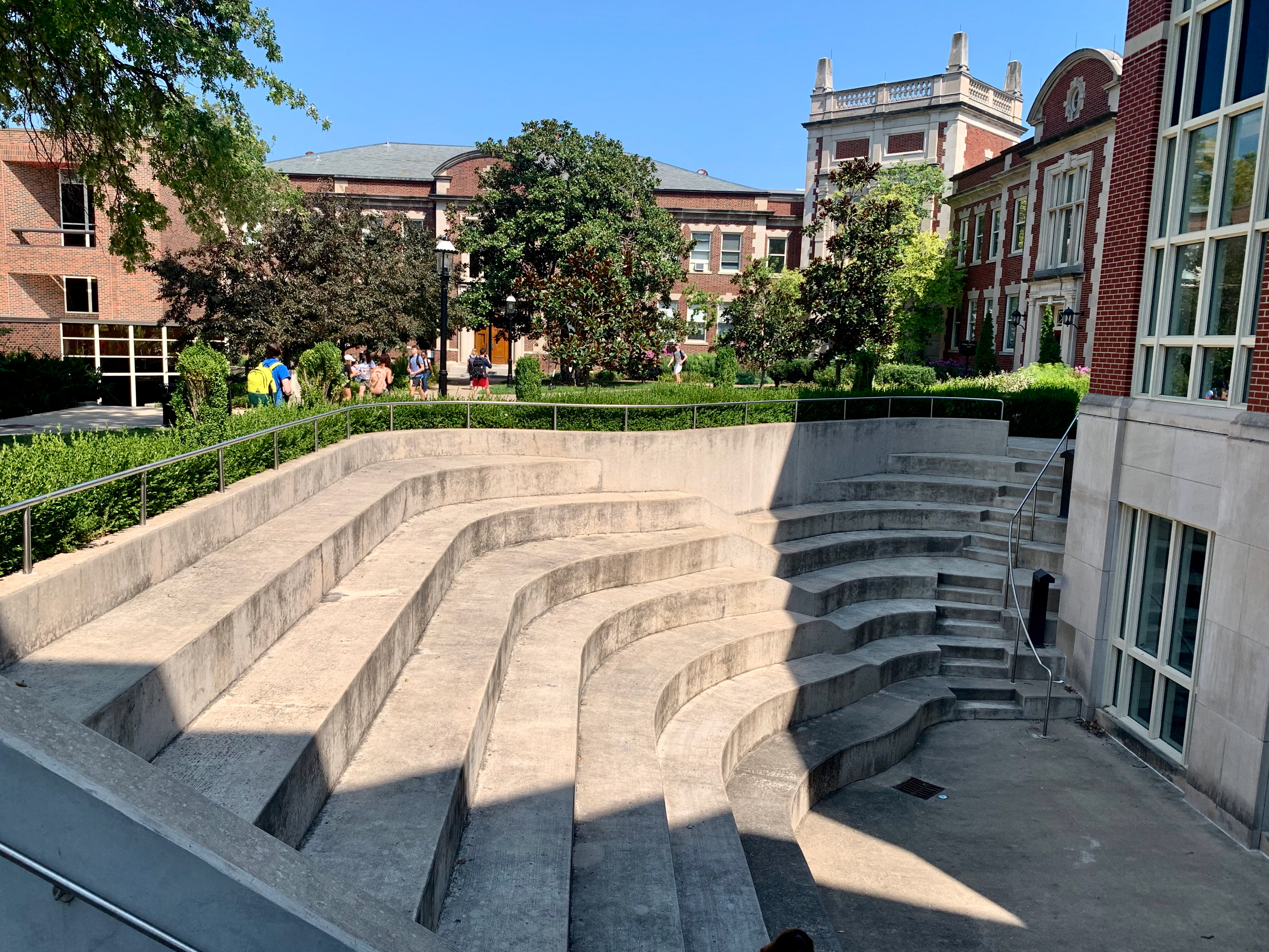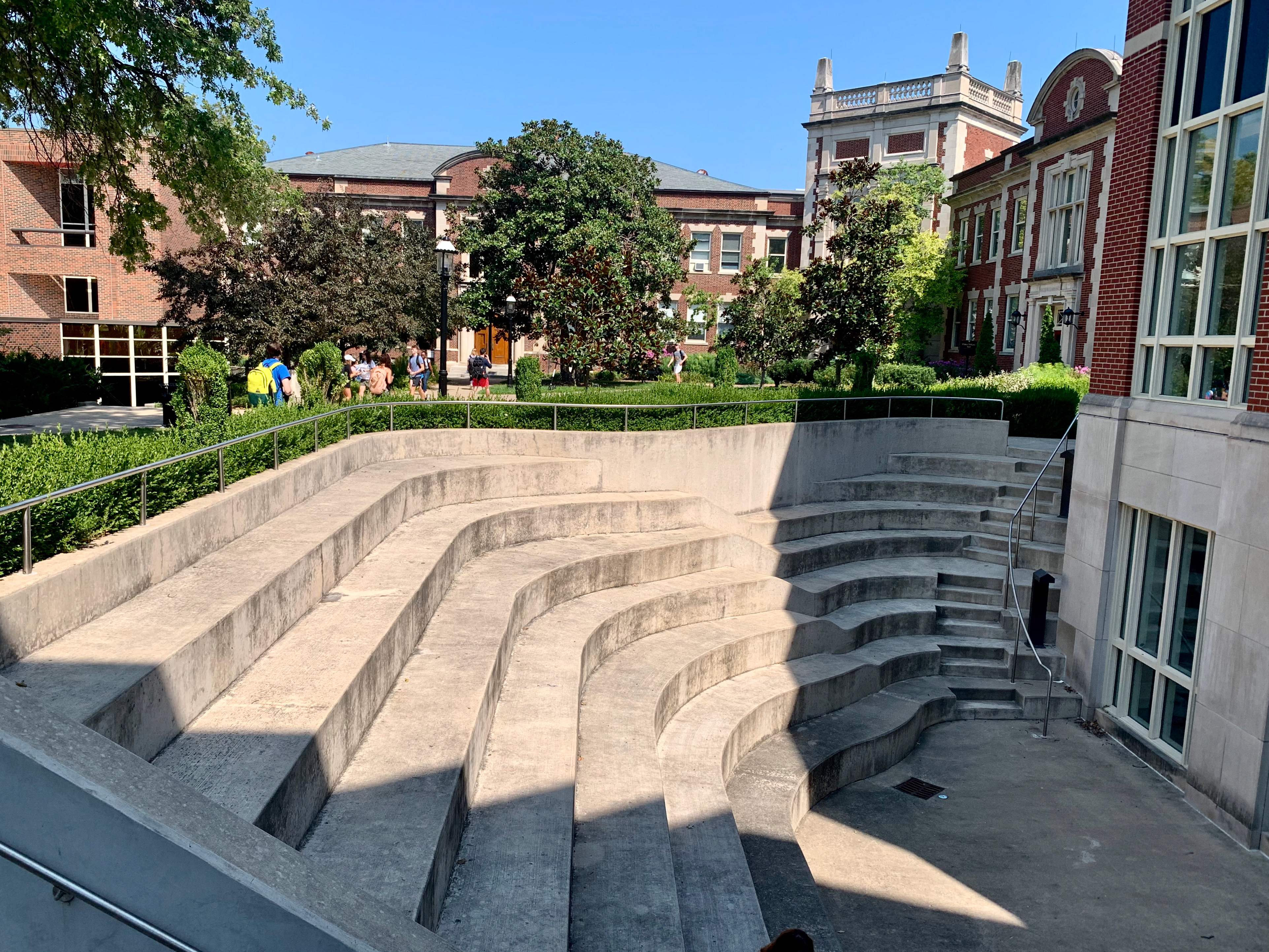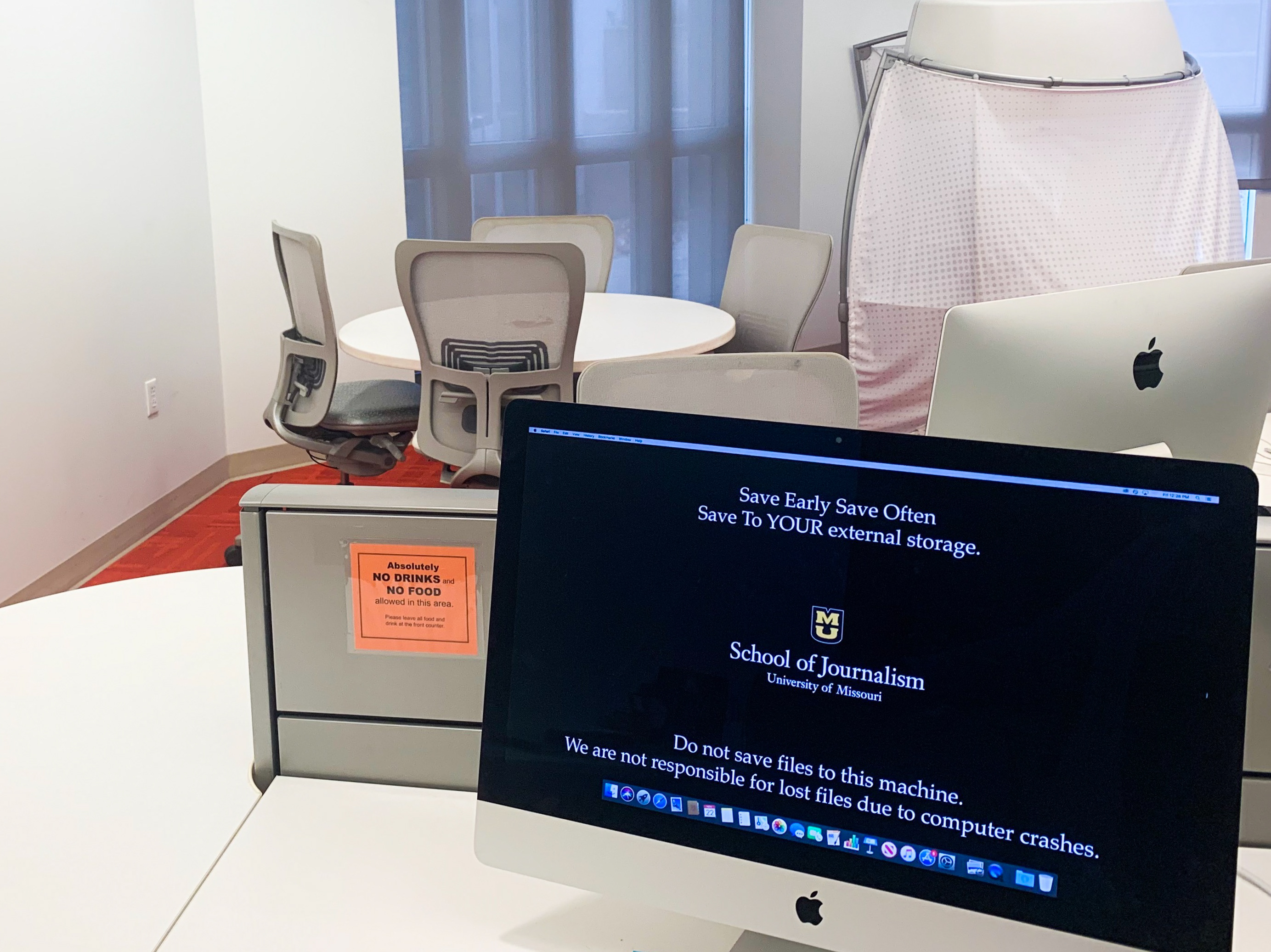Profile Story
Louisiana Roots and Columbia Pursuits: A Profile of Clyde Ruffin
Louisiana voodoo and the Great Migration are what led Columbia City Councilman Clyde Ruffin’s family to the Midwest.
From 1916 to 1970, millions of African-Americans left the rural South in search of urban areas to avoid segregation and find jobs. Ruffin’s father, Howard, found a higher-paying job at a packing house in Kansas City. He was the last member of his family to make the move up north.
Howard’s wife left Louisiana two months earlier with Clyde Ruffin’s two older siblings. She had evidence someone on her husband’s side of the family was trying to use voodoo on her.
Ruffin said his mom woke up one morning to find locks of her hair cut off. She later discovered a bag of her hair underneath her mattress. It’s a superstition in the South that if people have your hair, they can use voodoo to control your health, Ruffin said.
Years after the family moved to Kansas City, Ruffin was born. Because of the age gap between the Ruffin siblings, Clyde Ruffin said he was able to spend a lot of time with his grandma who lived with them and her sister, Clara.
He and his grandmother would take the train from Kansas City back to Louisiana for her church’s anniversary every year, he said.
“She would literally pack her favorite pots and pans because once she got there, she and her sister, my aunt Clara, they would spend all day Friday, all night Friday night, all day Saturday cooking,” Ruffin said.
It’s a tradition steeped in faith, and faith has played a huge part in Ruffin’s life since he was a child.
Clyde Ruffin has been preaching since he was 5 years old and was licensed as a minister at the age of 18. When Clyde and his family first moved to Columbia, the church they started going to wasn’t liked by all members of the family.
“He felt like he was not able to use his gifts, he was feeling like he was dying spiritually, so he didn’t feel comfortable there,” Sheila Ruffin, Clyde’s wife, said.
Then, the uncanny happened. Second Missionary Baptist Church’s pastor suddenly announced he was leaving.
When the previous pastor left, the congregation experienced some heartbreak, Ruffin said. At the time he was serving as an associate pastor.
Typically, when a pastor in the Baptist community leaves, members of the congregation have to go out and recruit a new pastor, Ruffin said. But this time, their church broke tradition and decided their first choice was already within their church: Clyde Ruffin.
“I knew before he accepted it that he was going to be pastor because I had this supernatural intervention. I’d been praying with friends for a long time,” she said.
“We always knew he was supposed to pastor.”
Soon after Clyde Ruffin became pastor, the need for a new councilman in the First Ward arose and after consideration, he jumped on that opportunity too.
Sheila said she always knew her husband would be a leader.
“Well, it depends on if you believe in prophecy. One of the things we also knew was that he was going to be in some kind of area of leadership. We just didn’t know what it was,” she said.
Ruffin’s knack for giving guidance is apparent to all those that surround him.
Trina Boone, who has known Ruffin for at least 15 years and works as his assistant, sees his impact on the community around them. Her favorite memory from working with him was when they spent time in the sanctuary together and he sang a song and played the piano, drums and tambourine.
“He creates a very positive atmosphere,” she said.
Ruffin shows he is a man of the people as he jumps to help citizens and congregations in any way he is able.
“He’s very in your corner, so he likes to pump you up, cheer you up, lead you in the right direction,” Trina Boone said.
Ruffin is mostly concerned with issues of social justice and equality with his work in the community. His current term is set to expire in April 2020.
Issue Story
Search for Sanctuary
Visiting the United States-Mexico border can make people very aware of their privilege, the Rev. Dottie Mathews says.
From Nov. 14 to 17, the Columbia pastor was at the border in El Paso, Texas, and saw the camp in Tornillo, where separated children ages 13-17 are being kept. These children were separated from their parents at the border because their parents lacked identification or they were unaccompanied.
They’re now being kept by the U.S. government. On Nov. 27, around 2,300 kids were being held at the camp, according to The Associated Press.
Mathews traveled with interfaith leaders from the upper Midwest and East Coast, along with people from a grassroots organization called Faith in Action.
The purpose of their trip was to bear witness to what the children at Tornillo were experiencing, said Mathews, a reverend at Unitarian Universalist Church.
Mathews’ church decided last year to become a sanctuary for migrants.
While at the border last month, one action that stuck with Mathews was when they entered Juarez, Mexico, and then re-entered the U.S.
“I was so poignantly aware of my white privilege,” Mathews said.
She was allowed to enter the U.S. in a speed line. She said she realized how lucky she was to have her documents because the other line to enter the U.S. was very different.
“Their line looked like a line at Disney at its longest days,” she said.
Both UUC and Rock Bridge Christian Church are part of Faith Voices of Columbia, a grassroots collaborative of Columbia houses of worship working to create a united front on social issues.
One of the ways Faith Voices does this is helping houses of worship become sanctuaries to provide a safe space for immigrants who are facing deportation.
UUC and Rock Bridge Christian Church declared themselves sanctuary churches before fall 2017.
Missouri Faith Voices has four chapters, and Alice Chamberlain, who is based in Kansas City, works as lead organizer and helps churches after they decide to become sanctuaries.
“Coming out of the 2016 elections, it became clear our immigrant neighbors were being targeted,” she said in a phone interview. “We are wanting to send a message to our immigrant neighbors and friends that they are not alone.”
Mathews echoed this sentiment by bringing the idea of sanctuary to her church in 2017 and visiting the Texas-Mexico border.
UUC’s lead minister, the Rev. Molly Housh Gordon, held listening sessions before the decision was finalized so the congregants could have their fears eased and doubts addressed.
Mathews said the congregants were mostly concerned about the legal ramifications.
“It’s not harboring a criminal, as some people claim it to be,” Mathews said.
However, this has happened at least once in a sanctuary city. There has been a case where these good intentions have gone sour according to a news report about sanctuary cities. It details an account of a U.S. citizen being shot by Juan Francisco Lopez-Sanchez, and President Donald Trump used this to fuel his anti-sanctuary fire according to Fox 8 (WJW) reporting. Lopez-Sanchez was arrested for an outstanding drug warrant in March 2015. The United States Immigration and Customs Enforcement filed a detainer for him to be deported, but since he was living in San Francisco, a sanctuary city, he wasn’t given into ICE’s custody for deportation.
But Lopez-Sanchez is among the few and not the many.
Moberly Area Community College student Ana Garcia’s family is from Mexico and entered the U.S. illegally in 1999 due to their economic troubles and the gang violence that was a threat to her father, a police officer.
Her father was deported for the last time in 2011, and her mother followed him to Mexico voluntarily.
Garcia wonders if the outcome would have been different if her father had known about the sanctuary option.
“I think we as a family would have been able to have more of a support system,” Garcia said in a phone interview. “For her, [my mom], it would have been great to have that emotional support and those resources.”
Churches are able to provide sanctuary and protect immigrants from ICE because former President Barack Obama declared them “sensitive locations” in a 2011 policy. In order to arrest people in sensitive locations, ICE top officials have to give the agents permission.
Manda Walters, a community relations officer for ICE and the United States Department of Homeland Security, said in a phone interview that this policy is in place mostly because their agents “want to be professional.”
Neither Rock Bridge Christian Church nor UUC is currently hosting anyone, but both are prepared to, Mathews said.
UUC has a designated room on its first floor with volunteers to visit and play checkers with their guests, cook meals and do many more things someone seeking shelter would want. The church has a plan to recruit volunteers to do these tasks.
For now, the church offers immigrants and refugees transportation to St. Louis and Kansas City for their required check-ins with ICE and child care while they are gone. At these check-ins, immigrants are asked about their jobs and families. Then, they’re told their fate.
UUC also has connections with translators that accompany the immigrants to their appointments, Mathews said.
As a minister in a United Universalist Church, Mathews studies and honors all sacred texts. One passage from the Bible that sticks out to her is Matthew 25. She said she feels as though society is living this scripture today.
“‘I was naked and you wouldn’t clothe me, I was hungry and you wouldn’t feed me.’ It feels like if Jesus were alive today, I’m guessing he would be at the border,” she said.
